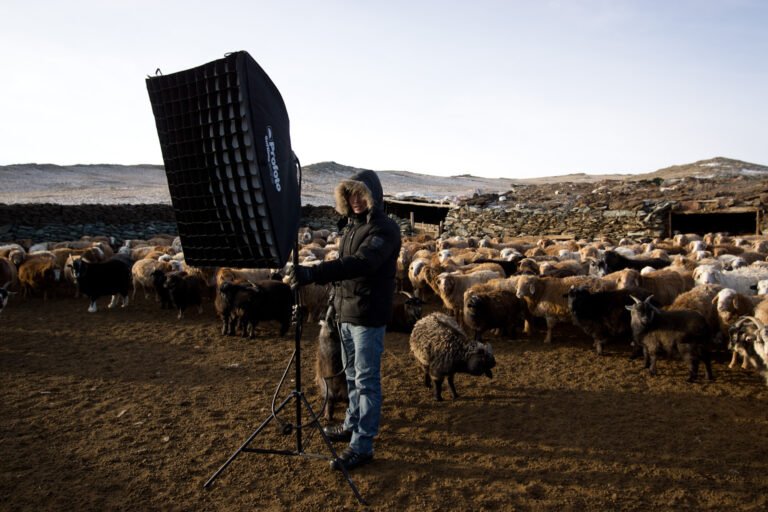Rémi has left Kazakhstan. If all goes well, in a week's time he'll be setting foot in Mongolia. But before that, he'll have to cross a stretch of Siberia, and the climatic conditions that go with it. To conclude his Kazakh episode, Rémi wanted to publish an extract from a book that has been a great inspiration to him.
New generations of Kazakhs, especially city dwellers, need to think differently about the thousands of petroglyphs engraved on the rocks that make up the world's largest open-air library. They need to re-appropriate the legibility of the innumerable hills that are the kurgans housing the remains of sultans, famous poets or anonymous shepherds, and recognize their function as "steppe signposts" for finding one's way around the adyr, the wild space of the Ancients. In the long term, they will need to assume their "territory of emptiness", whose resource-rich entrails fascinate far beyond archaeologists and regularly yield buried treasures, bearers of a persistent culture made up of signs of both the distant and recent past, open to innovation and reactive to modernity.
For the time being, the cultural history of Kazakhstan is that of the victory of the modern world and sedentary ideology over nomadic freedom, the victory of the written over the oral, of concrete over the yurt. Yet no one knows whether nomadic memory will not be able to take advantage of the gaps opened up by this process of re-traditionalization from above. Hence the importance of this exhibition, as the objective signature of a culture long considered by its orality and its architectural and artistic frugality, as a simple "temporary development of nature".
[…/…]
It's a fact that the Kazakh steppes are a mythical land in the Western imagination, a magnet for would-be travelers to what, along with Transoxiana, represented the end of Alexander the Great's known world. There are a number of reasons for this: the descriptions of the Scythian tribes in Herodotus' Enquiry, the wealth of information contained in the accounts of Christian envoys to the Mongols, Plan Carpin or Rubruquis. Later, in the era of the "Great Game", as Rudyard Kipling called the Anglo-Russian rivalry that would define the whole of the 19th century, the fiery reports of Russian and British spies, agents of influence and other experts in strategy would carry the breath of the great conquerors mixed with the shamanic thrill far beyond their own limits.
From the book Kazakhstan: Men, beasts and gods of the steppe.



Ben Rémi, you made us dream during this crossing, but we also suffered with you.
I wish you all the best for the future, and I'm looking forward to Mongolia!
(the cold is in your head)